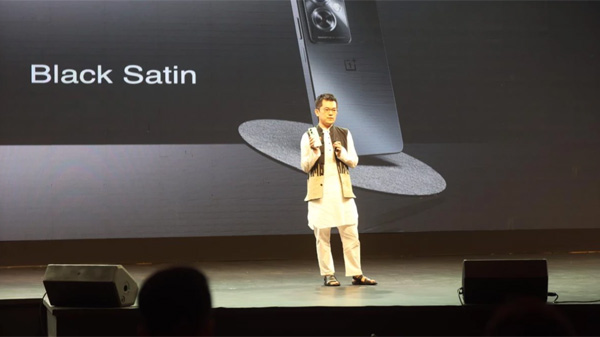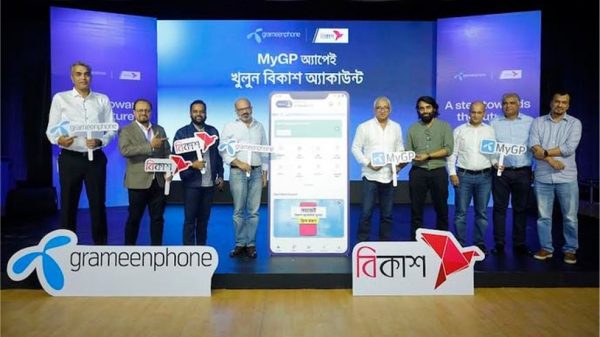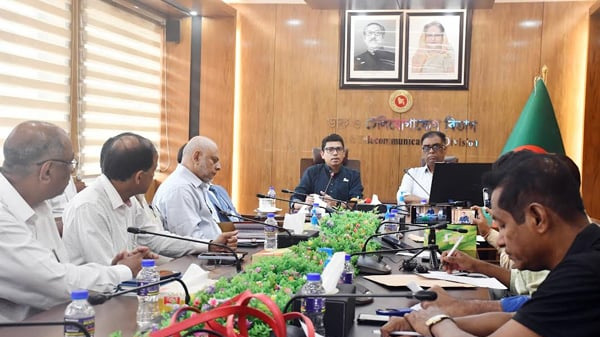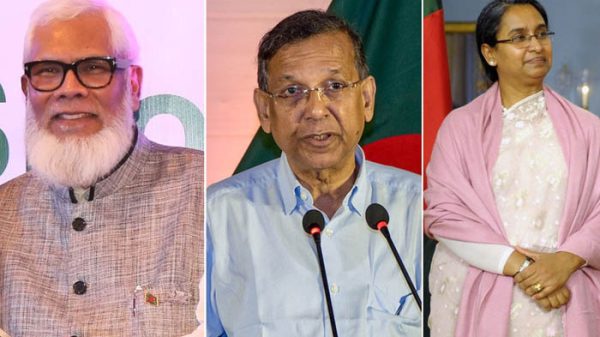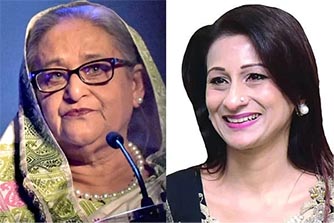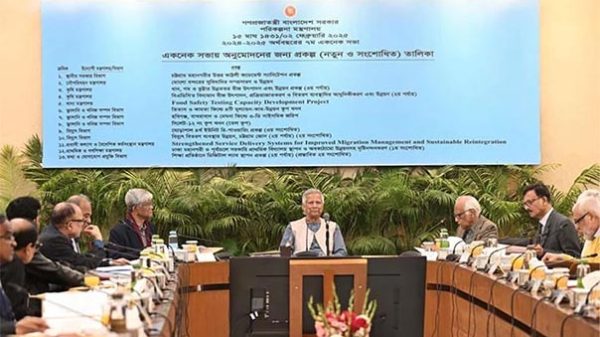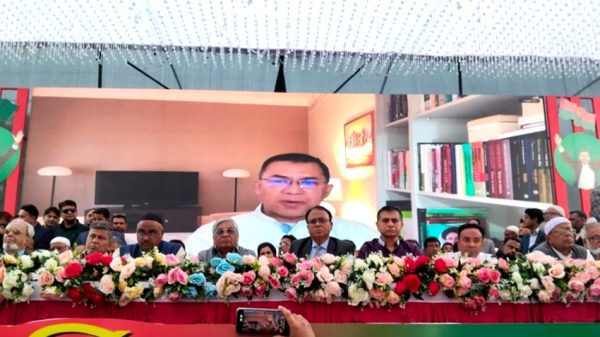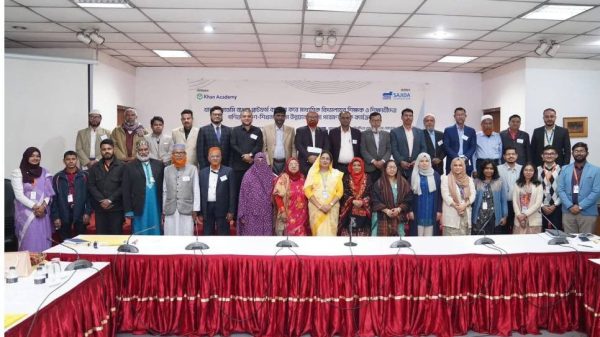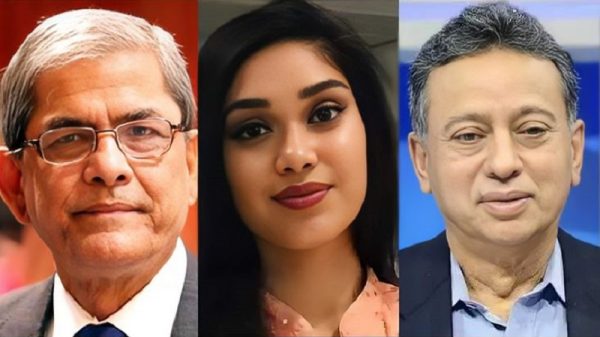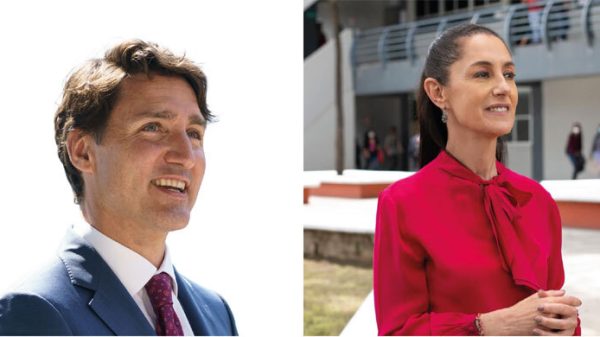AI wreaks havoc as Priyanka Chopra falls victim to fake video

- Update Time : Thursday, 7 December, 2023, 03:50 pm
- 98 Time View
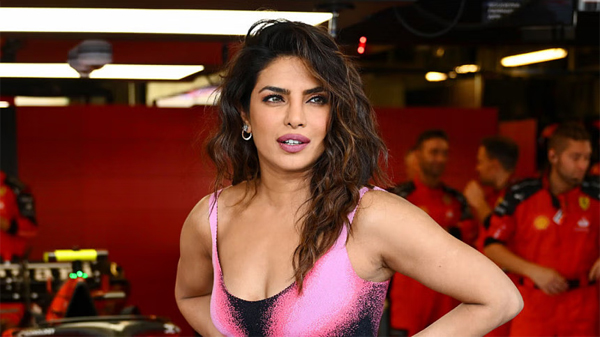
Online Desk: After the emergence of deepfake videos featuring Rashmika Mandanna, Katrina Kaif, Kajol, and Alia Bhatt, India Today reported that a manipulated video of Priyanka Chopra has surfaced online. Unlike previous instances involving Bollywood actors, this altered video does not depict Priyanka’s face edited into controversial content.
Instead, the deepfake video replaces Priyanka’s original voice and dialogue from an interview with fabricated lines promoting a brand. In this manipulated footage, Priyanka seems to be discussing her annual earnings while endorsing a specific brand. The reappearance of deepfake technology has raised concerns about the ethical implications of artificial intelligence.
Earlier, a fake video of South Indian actor Rashmika Mandanna, falsely showing her in a low-cut top, led to calls for AI regulation in India. Such incidents have fueled concerns in a country where past false social media posts have exacerbated sectarian divisions.
Expressing her dismay, Mandanna informed her 4.7 million followers on X (formerly Twitter) that she was “really hurt” by a manipulated video circulating on social media. This incident sparked outrage from the government and fellow Bollywood stars, prompting Mandanna to call for urgent community action against identity theft through technology misuse.
Highlighting the vulnerability to technology misuse, Mandanna emphasized the need to address these issues collectively. Social media’s immense popularity in India, the world’s largest democracy, has witnessed inflammatory posts spreading misinformation and contributing to political divides and religious tensions.
India lacks regulation for artificial intelligence, and the government has tasked social media platforms with blocking online misinformation. The prevalence of staged videos promoting disinformation and exacerbating sectarian tensions, particularly in a climate of rising Hindu radicalization, has drawn attention from leaders like Rajeev Chandrasekhar, India’s information technology minister, who urged platforms to address deepfake videos as “dangerous and damaging” forms of misinformation.
Bollywood icon Amitabh Bachchan echoed the call for action, emphasizing the seriousness of the issue. Mandanna expressed gratitude for the support of her family, friends, and well-wishers but reflected on the potential impact such incidents could have on individuals, especially if they occurred during school or college years.
Manipulated images in videos have become a global concern, tarnishing reputations. A significant portion of deepfake videos, approximately 96%, involves non-consensual pornography, with a particular focus on women, according to a 2019 study by the Dutch AI company Sensity.
Zara Patel, a British-Indian Instagram influencer whose body was featured in Mandanna’s fake video, disassociated herself from its creation and expressed deep disturbance. Patel expressed concern about the heightened fear women and girls might experience about sharing themselves on social media.
In a recent incident, Bollywood star Alia Bhatt became the target of a distressing deepfake video, following a digitally altered image of Katrina Kaif from her upcoming film Tiger 3. These instances underscore the malicious potential of deepfake technology in manipulating content and deceiving audiences.



